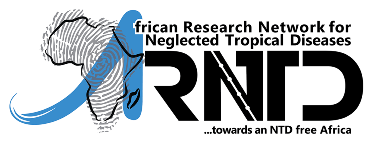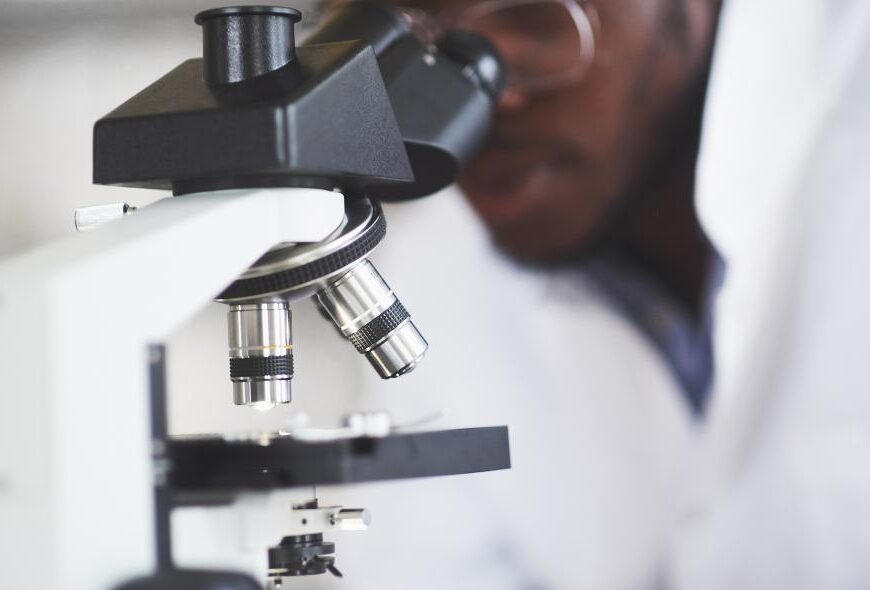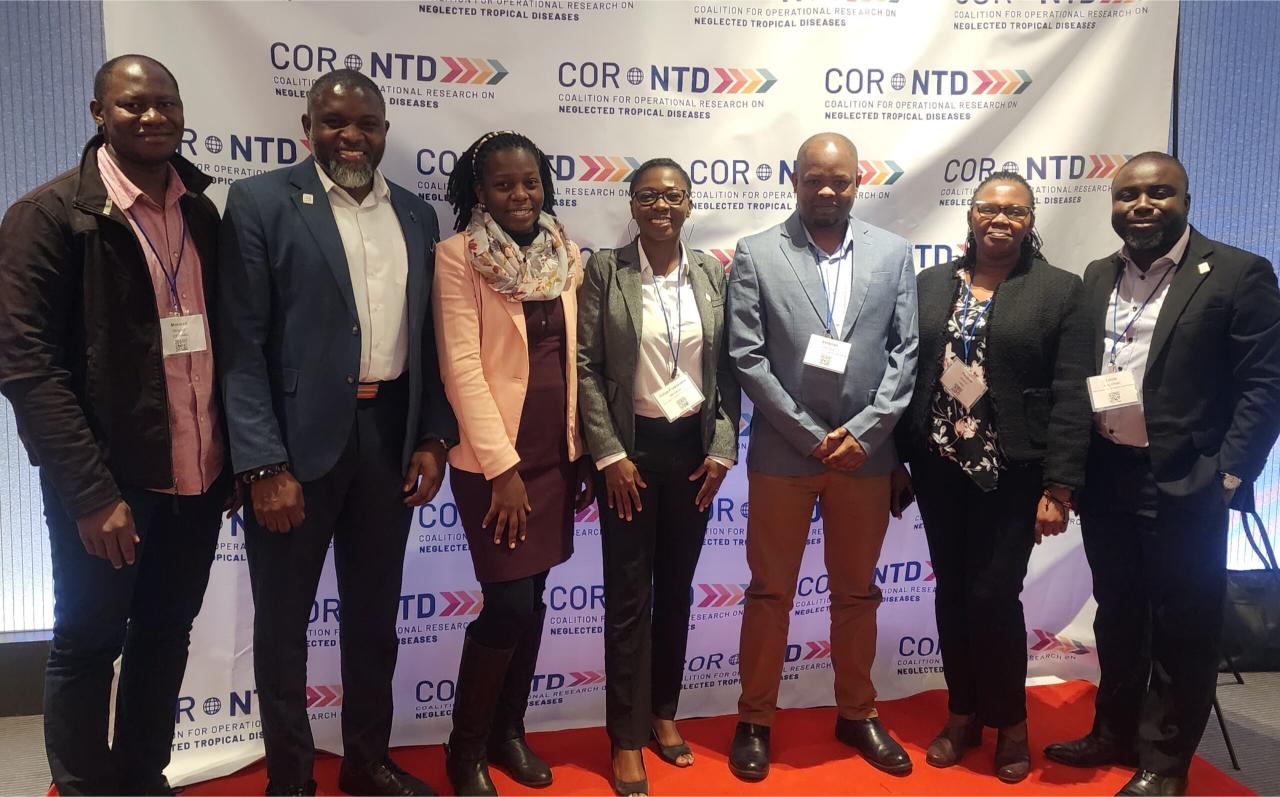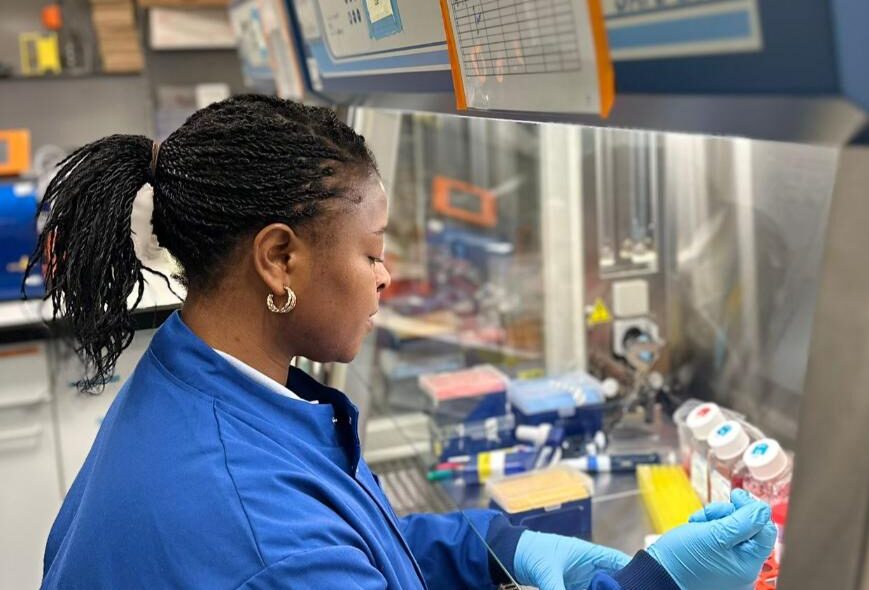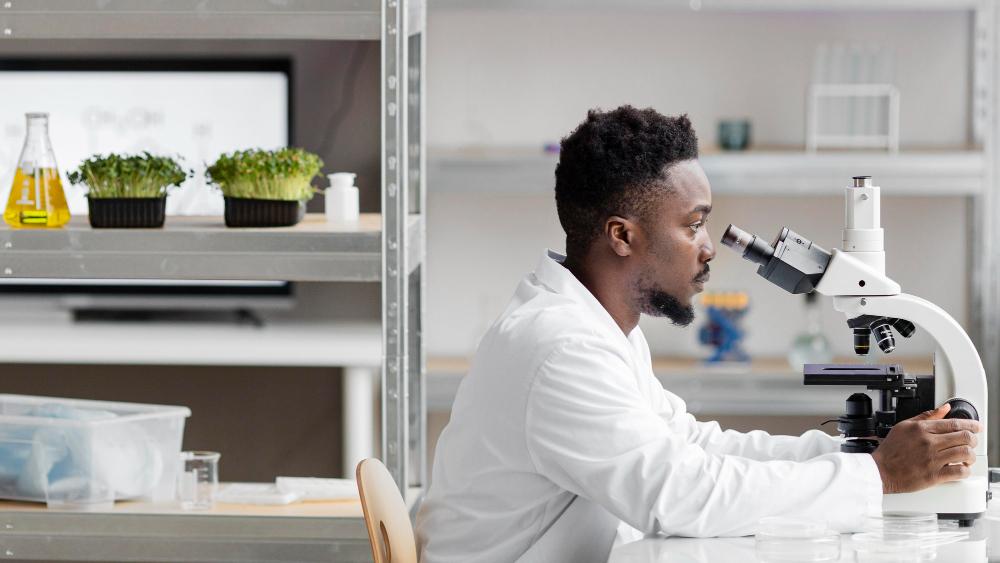The African Research Network for Neglected Tropical Diseases (ARNTD) is pleased to announce that The Task Force for Global Health (TFGH) has been awarded the Cooperative Agreement No. 7200AA24CA00002, titled “Ending Neglected Diseases through Operational Research (ENDOR)” with the U.S. Agency for International Development (USAID).
The African Research Network for Neglected Tropical Diseases (ARNTD) is pleased to announce that The Task Force for Global Health (TFGH) has been awarded the Cooperative Agreement No. 7200AA24CA00002, titled “Ending Neglected Diseases through Operational Research (ENDOR)” with the U.S. Agency for International Development (USAID).
The African Research Network for Neglected Tropical Diseases (ARNTD) joined the Coalition for Operational Research on Neglected Tropical Diseases (COR-NTD) for its 2023 annual meeting.
The African Research Network for Neglected Tropical Diseases (ARNTD) together with the Coalition for Operational Research on Neglected Tropical Disease (COR-NTD) are delighted to present the nine recipients of the 2023 African Researchers’ Small Grants Program (SPG VI).
Neglected Tropical Diseases are a constellation of diseases which affect the world’s poorest and robs them of the opportunity to work and thrive in good health. While the African continent is saddled with the highest burden of these diseases, leadership by African scientists to set the agenda for NTD research and advocacy remains limited partly […]
The Coalition for Operational Research on Neglected Tropical Disease (COR-NTD) and the African Research Network for Neglected Tropical Diseases (ARNTD) are pleased to announce the recipients of the 2021 African Researchers’ Small Grants Program.
